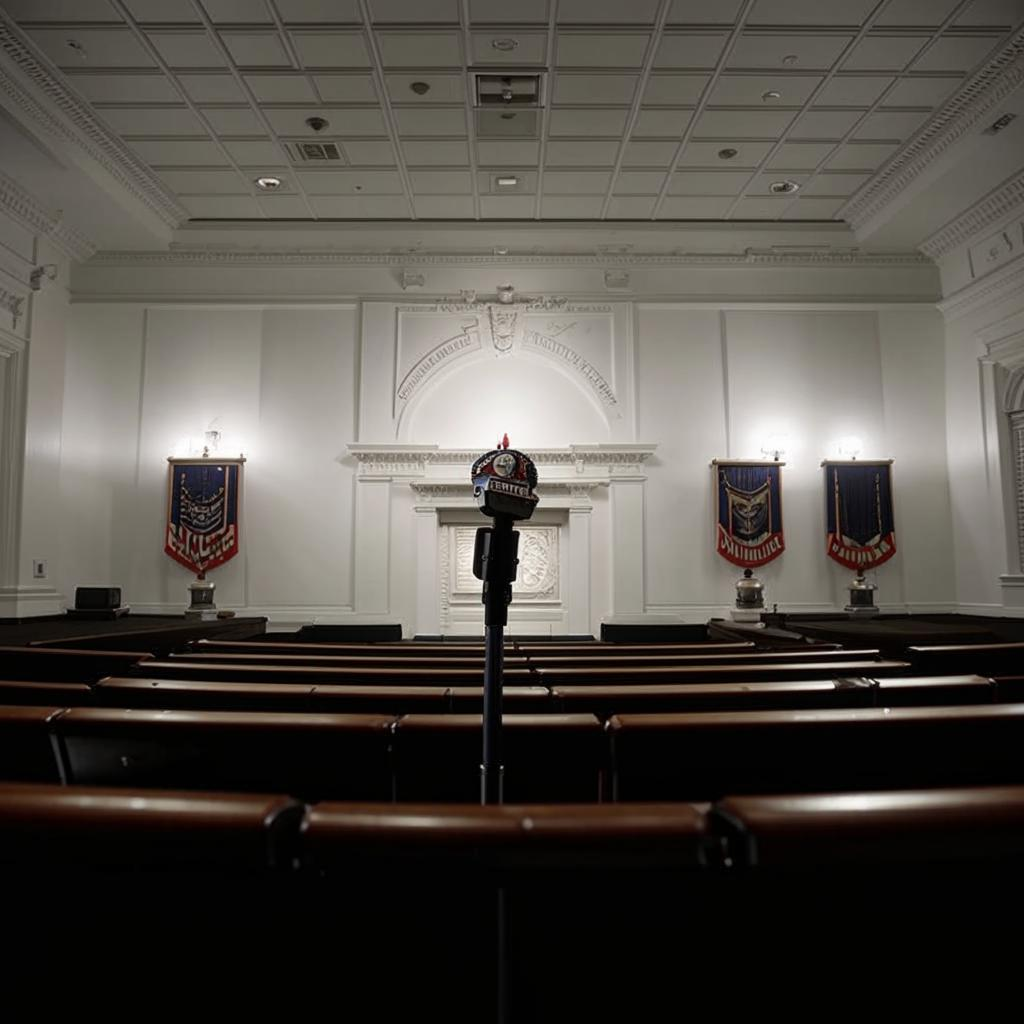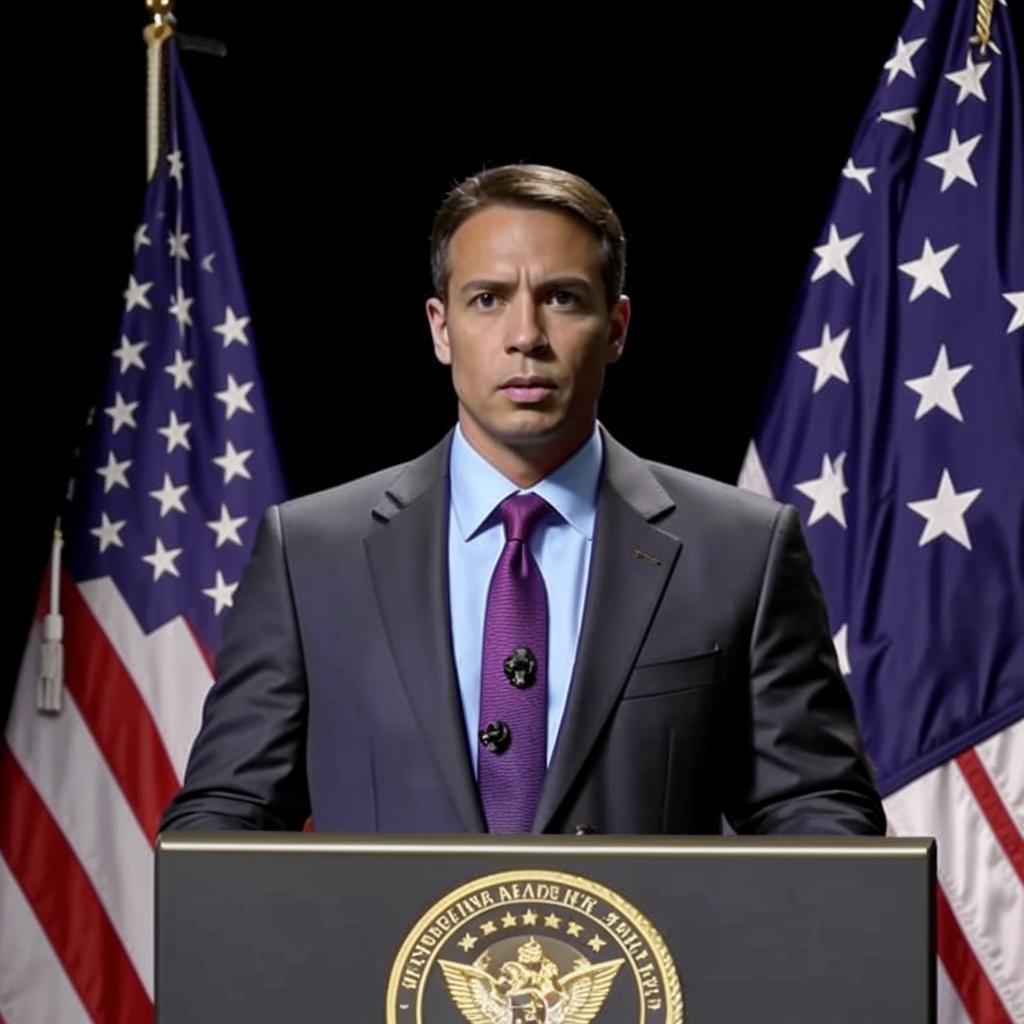Federal actions are raising serious concerns about the security of US elections. Critics argue that recent decisions and policies implemented by the federal government are undermining efforts to protect the integrity of the electoral process. These concerns span several areas, including voter access, cybersecurity, and oversight mechanisms.
One major point of contention involves changes to voter registration procedures and ID requirements. Opponents argue that these changes disproportionately affect marginalized communities and make it more difficult for eligible citizens to vote. Additionally, there are concerns about the vulnerability of election infrastructure to cyberattacks. Experts warn that outdated voting machines and inadequate security protocols make the system susceptible to foreign interference.
The debate over federal oversight of elections is also intensifying. Some argue that the federal government is overstepping its authority and interfering with state and local control of elections. Others contend that federal oversight is necessary to ensure fair and consistent elections across the country. The lack of consensus on these issues is creating uncertainty and fueling partisan divisions. As the next election cycle approaches, addressing these concerns about election security is crucial to maintaining public trust in the democratic process. Ensuring free and fair elections requires a collaborative effort from all stakeholders, with a focus on transparency, accountability, and the protection of voting rights. The future of American democracy may depend on it.












